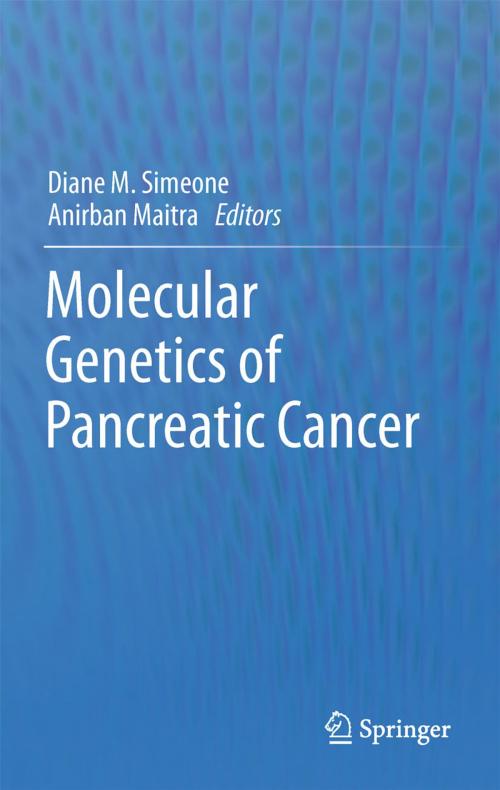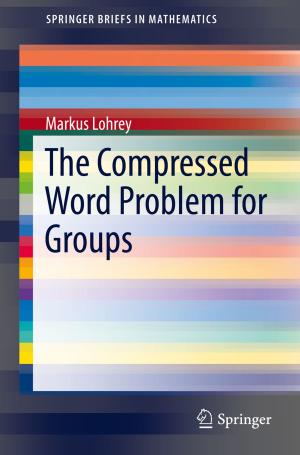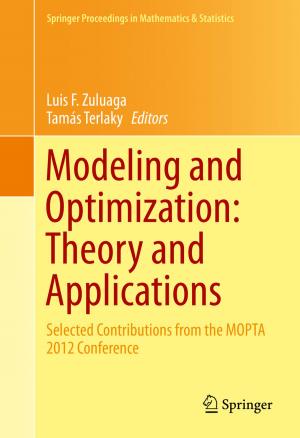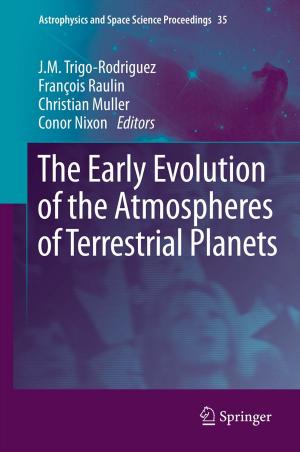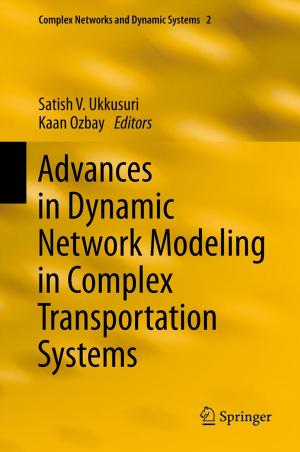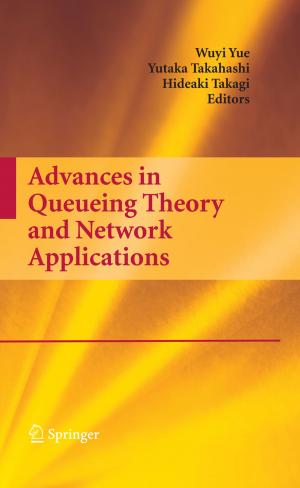Molecular Genetics of Pancreatic Cancer
Nonfiction, Science & Nature, Science, Other Sciences, Molecular Biology, Health & Well Being, Medical, Specialties, Oncology| Author: | ISBN: | 9781461465492 | |
| Publisher: | Springer New York | Publication: | April 5, 2013 |
| Imprint: | Springer | Language: | English |
| Author: | |
| ISBN: | 9781461465492 |
| Publisher: | Springer New York |
| Publication: | April 5, 2013 |
| Imprint: | Springer |
| Language: | English |
Pancreatic cancer is a formidable disease, and advances in early detection and improved therapeutics have been slow to come forth. With new advances in molecular genetics in the field of pancreatic tumorigenesis, it is an opportune time to use these recent discoveries to enhance our understanding of pancreatic cancer biology and to improve outcomes in patients.
In this volume, leading experts in the field shed light on these findings describing the mutational landscape of pancreatic cancer, including new inroads into our understanding of familial pancreatic cancer, epidemiology, the biology of K-ras signaling, and the emerging contribution of epigenetic alterations to disease initiation and progression. The distinctive pancreatic cancer-stroma ecosystem as determined by the dynamic interplay of inflammation, hallmark mutations, EMT, and cancer stem cells is described, and implications of these interactions in the context of development of novel, personalized therapeutic options are explored.
Pancreatic cancer is a formidable disease, and advances in early detection and improved therapeutics have been slow to come forth. With new advances in molecular genetics in the field of pancreatic tumorigenesis, it is an opportune time to use these recent discoveries to enhance our understanding of pancreatic cancer biology and to improve outcomes in patients.
In this volume, leading experts in the field shed light on these findings describing the mutational landscape of pancreatic cancer, including new inroads into our understanding of familial pancreatic cancer, epidemiology, the biology of K-ras signaling, and the emerging contribution of epigenetic alterations to disease initiation and progression. The distinctive pancreatic cancer-stroma ecosystem as determined by the dynamic interplay of inflammation, hallmark mutations, EMT, and cancer stem cells is described, and implications of these interactions in the context of development of novel, personalized therapeutic options are explored.
